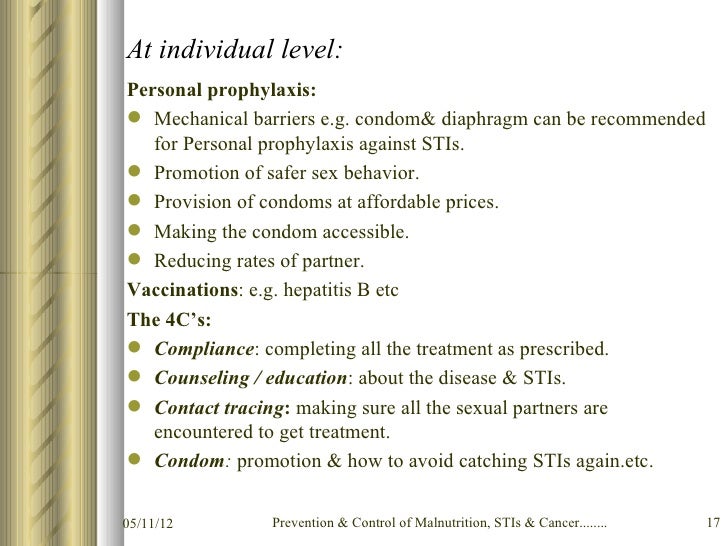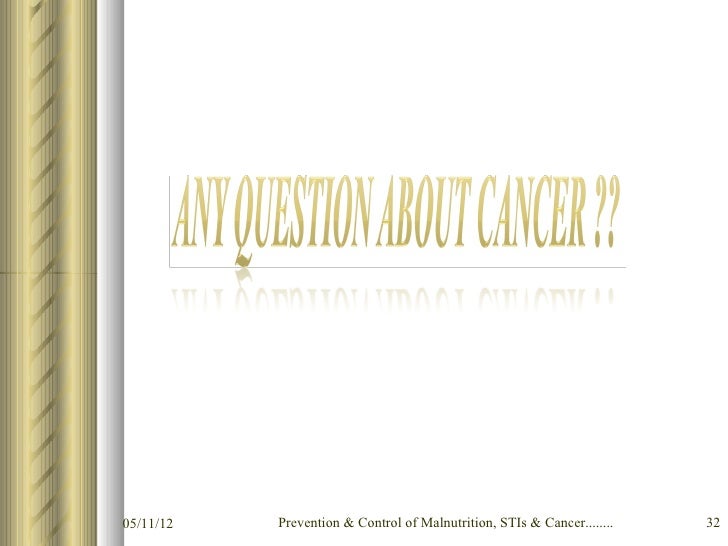Definition and classification of cancer cachexia: an international consensus The Lancet Oncology
malnutrition in cancer patients management Definition and classification of cancer cachexia: an international consensus The Lancet Oncology Malnutrition in Cancer Patients
Cancer is a very powerful disease, also it needs a potent treatment regimen to control and hopefully eradicate the malignant cells. However, cancer treatment itself is incredibly damaging to the body, also it can make a person very weak. Thus, it is crucial for cancer patients to fight the malnutrition that always comes as a consequence of treatment so that you can stay strong.


When you consume, you take in the vitamins, minerals, proteins, carbohydrates, and also other products which your body needs for fuel. This supports your body's defence mechanism in addition to all-around health, which enables you to battle the cancer. Frustratingly, though, equally as someone needs this strength one of the most, the cancer and subsequent treatment might cause you to definitely develop anorexia or cachexia.


One of one of the most frequent signs and symptoms of cancer is anorexia, or complete loss of appetite. This can occur because body loses its ability smell or taste because of cancer treatment, or it can happen as tumors grow and put pressure on digestive organs. Cachexia, alternatively, is a wasting disease seen as an loss of body weight. Normally, the body can conform to starvation or anorexia by slowing down its metabolism. However, with cachexia, your metabolism is unable to adjust, which forces one's body to take its fat and muscle. Cachexia most often occurs with lung and digestive cancers.

Frustratingly, both anorexia and cachexia can lead to malnutrition as your system no more provides the nutrients who's should withstand cancer and cancer treatment. Malnutrition will make you more susceptible to infections, as well as the treatment itself can be too risky for the body. You may also feel fatigued and weak, which decreases what you can do to battle your cancer.
To help alleviate problems with malnutrition, many cancer doctors have nutritional counseling and therapy. This can teach you the way to get the most nutrients out of your food that you are able to consume.
If you've been diagnosed with mesothelioma, you may want additional support in managing and recovering from the medial side outcomes of devastating disease, including cachexia and anorexia. To learn more about mesothelioma, check out the Mesothelioma Resource Center today.



One of one of the most frequent signs and symptoms of cancer is anorexia, or complete loss of appetite. This can occur because body loses its ability smell or taste because of cancer treatment, or it can happen as tumors grow and put pressure on digestive organs. Cachexia, alternatively, is a wasting disease seen as an loss of body weight. Normally, the body can conform to starvation or anorexia by slowing down its metabolism. However, with cachexia, your metabolism is unable to adjust, which forces one's body to take its fat and muscle. Cachexia most often occurs with lung and digestive cancers.
Frustratingly, both anorexia and cachexia can lead to malnutrition as your system no more provides the nutrients who's should withstand cancer and cancer treatment. Malnutrition will make you more susceptible to infections, as well as the treatment itself can be too risky for the body. You may also feel fatigued and weak, which decreases what you can do to battle your cancer.
To help alleviate problems with malnutrition, many cancer doctors have nutritional counseling and therapy. This can teach you the way to get the most nutrients out of your food that you are able to consume.
If you've been diagnosed with mesothelioma, you may want additional support in managing and recovering from the medial side outcomes of devastating disease, including cachexia and anorexia. To learn more about mesothelioma, check out the Mesothelioma Resource Center today.
0 Response to "Definition and classification of cancer cachexia: an international consensus The Lancet Oncology"
Post a Comment